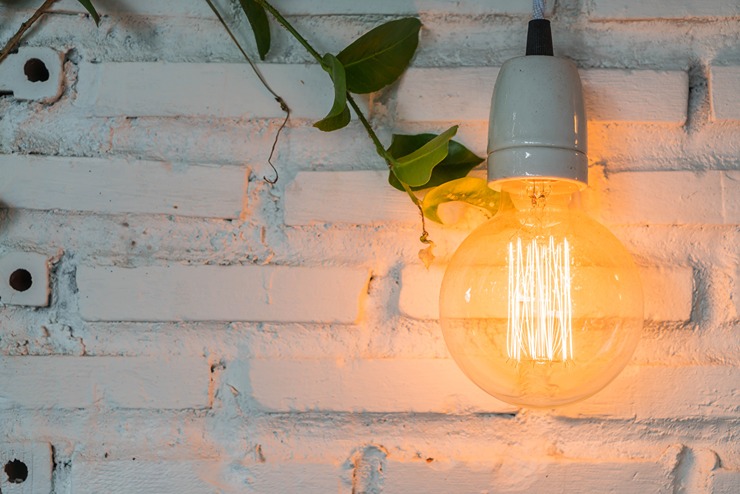
There are many ways to power the things you need at home or on a road trip. Some power options are pricier than others, some involve manual effort, and some raise serious safety concerns. Consumer and Business Services (CBS) offers these tips about some of the power options that are available.
Gas and electricity
Gas and electricity are commonly used to power homes and outdoor products. Always read the instructions for a new appliance to make sure you know how to use and store it correctly and safely. And remember to hire a licensed electrician or gas fitter for work that needs to be done on your home or caravan. Check the tradesperson’s digital licence or plastic licence card or see the licensing register at cbs.sa.gov.au.
Solar energy
Solar energy can be better for the environment and can potentially lower your power bills. Before you sign up for solar hot water, solar panels or a battery solar system it’s important to understand what you are buying and also to thoroughly examine the power and money saving claims made by retailers. It’s best to get several quotes for the total cost to compare value.
For more tips see the consumer guide to solar panel systems (PDF).
Generators
Generators can be handy for camping trips or if there’s a power outage. As with any purchase, it’s a good idea to do your research before you buy. Compare different brands, consider the fuel source required and also check independent customer reviews.
If you buy from a business, regardless of whether you buy a new or used generator, you will automatically get consumer guarantees. The product must work properly and last for a reasonable time, considering the age and use of the product and the price paid. If a consumer guarantee is not met then you are entitled to a remedy from the business – e.g. refund, repair or replacement item.
If you buy a second-hand generator from a private seller, the private seller has no responsibly to address any problems that may arise. As a subsequent owner you may still have some rights against the manufacturer of the generator. Please raise the problem with the manufacturer or speak to CBS or obtain legal advice to understand these rights.
Batteries
Portable products are often powered by batteries. Some battery types can be more expensive, so factor this in when deciding to purchase a battery-powered item.
Many household items are powered by button batteries – e.g. remote controls, car keys, garage remote fobs, torches, toys, kitchen scales and calculators. Button batteries are only tiny, but they’re a big danger to young children. If swallowed or inserted into body parts, such as ears and noses, a button battery can burn through soft tissue inside the body causing serious injury and even death.
If children visit your home, store button batteries in a locked container and well out of children’s reach. For products powered by button batteries make sure the battery compartment is child-resistant – e.g. secured with a screw - so the product doesn’t release the battery and it’s difficult for a young child to access it.
See more important safety tips in the video at the bottom of the page.
Manual or pedal power
If you’re prepared to use a bit of physical energy to power a household appliance there are products that can be operated by cranking, repeatedly pressing a foot pedal or shaking. Be sure to check reviews online before you buy so you understand how much physical effort is required and whether customers are generally satisfied with how effective the product is at achieving the desired result.
For more information
Read more about your consumer rights with buying products or services, and if you need help to resolve an issue with a business contact Consumer and Business Services.
Visit the Product Safety Australia website to check product recalls or subscribe to receive product safety updates.


